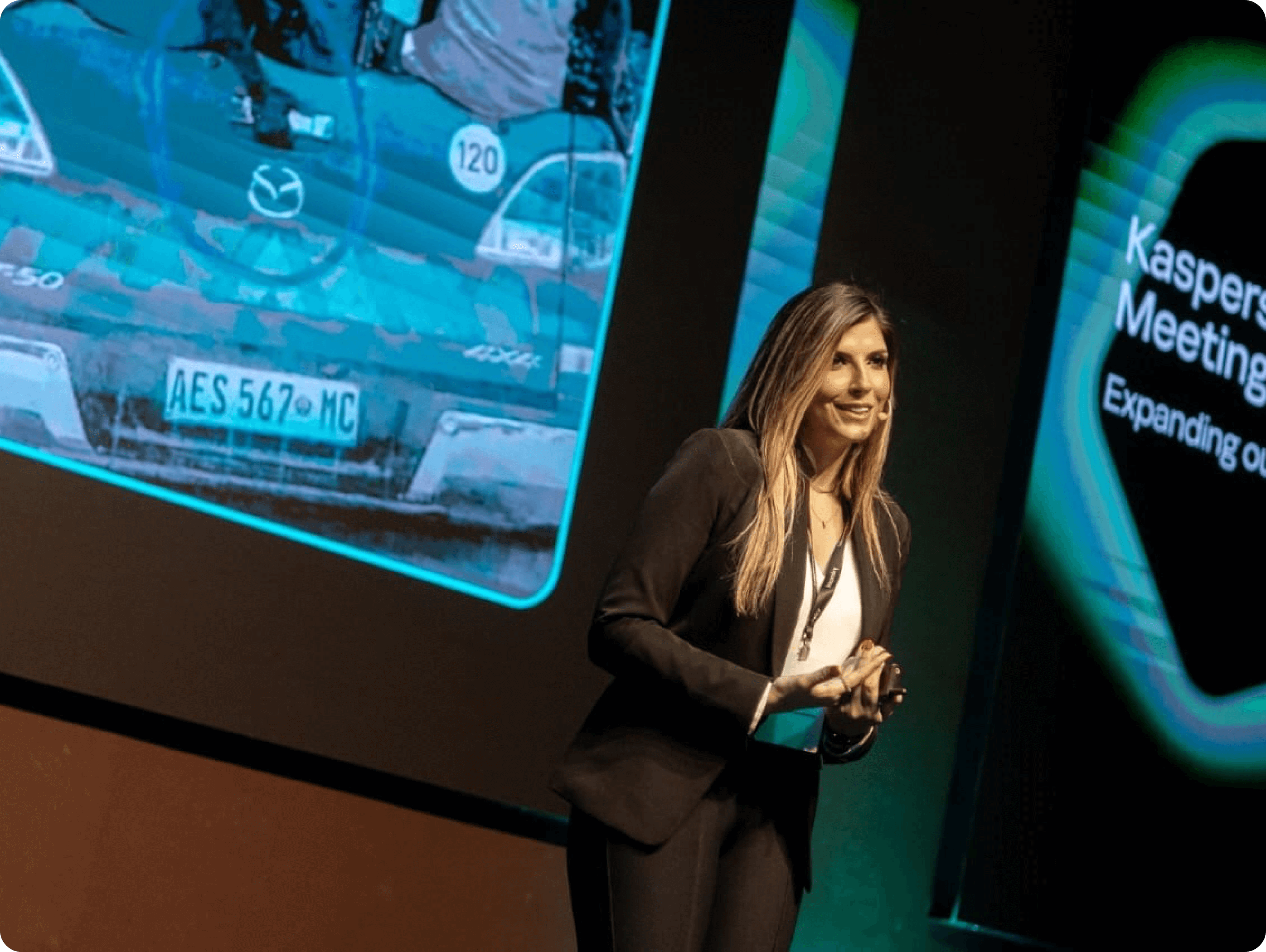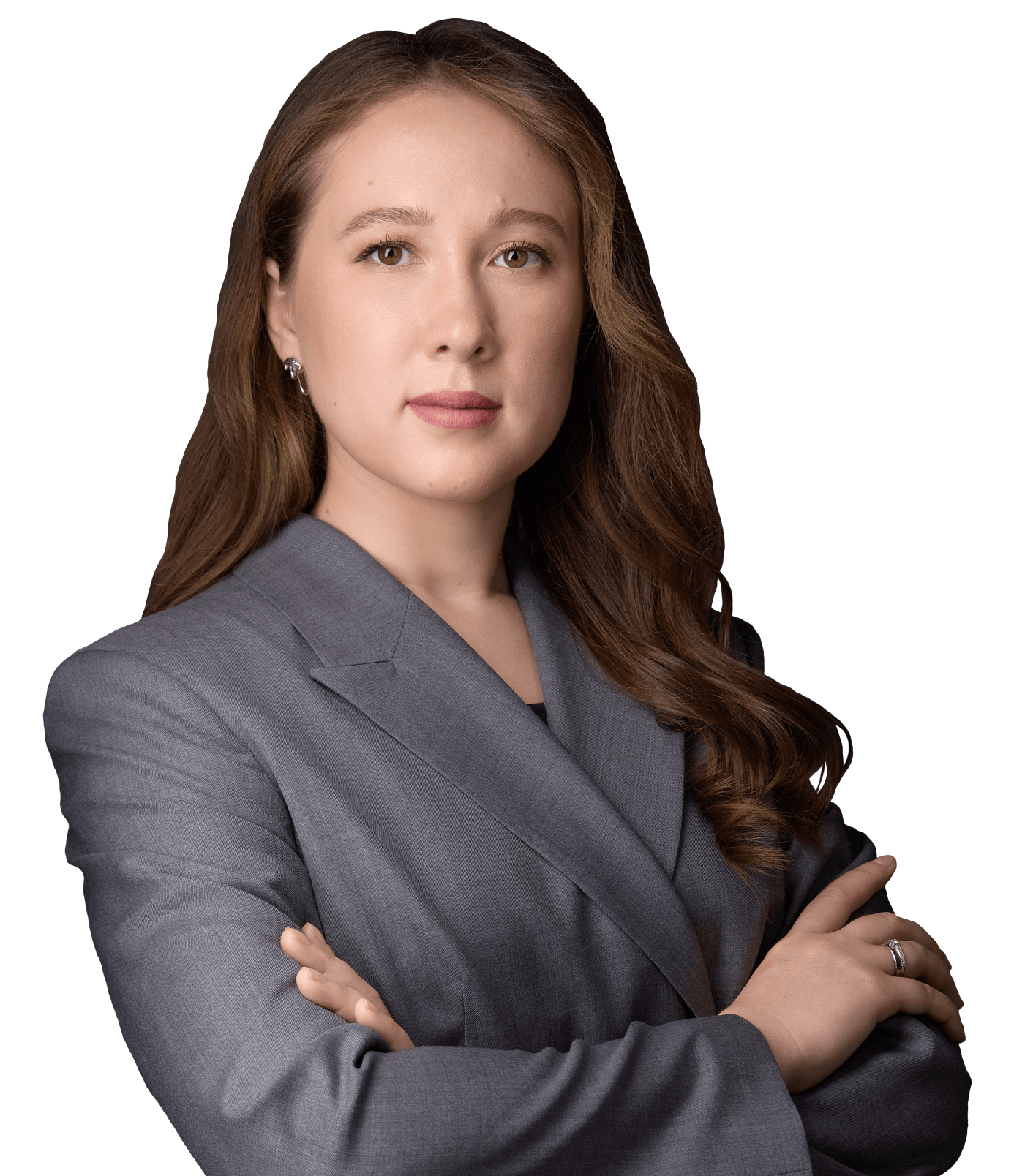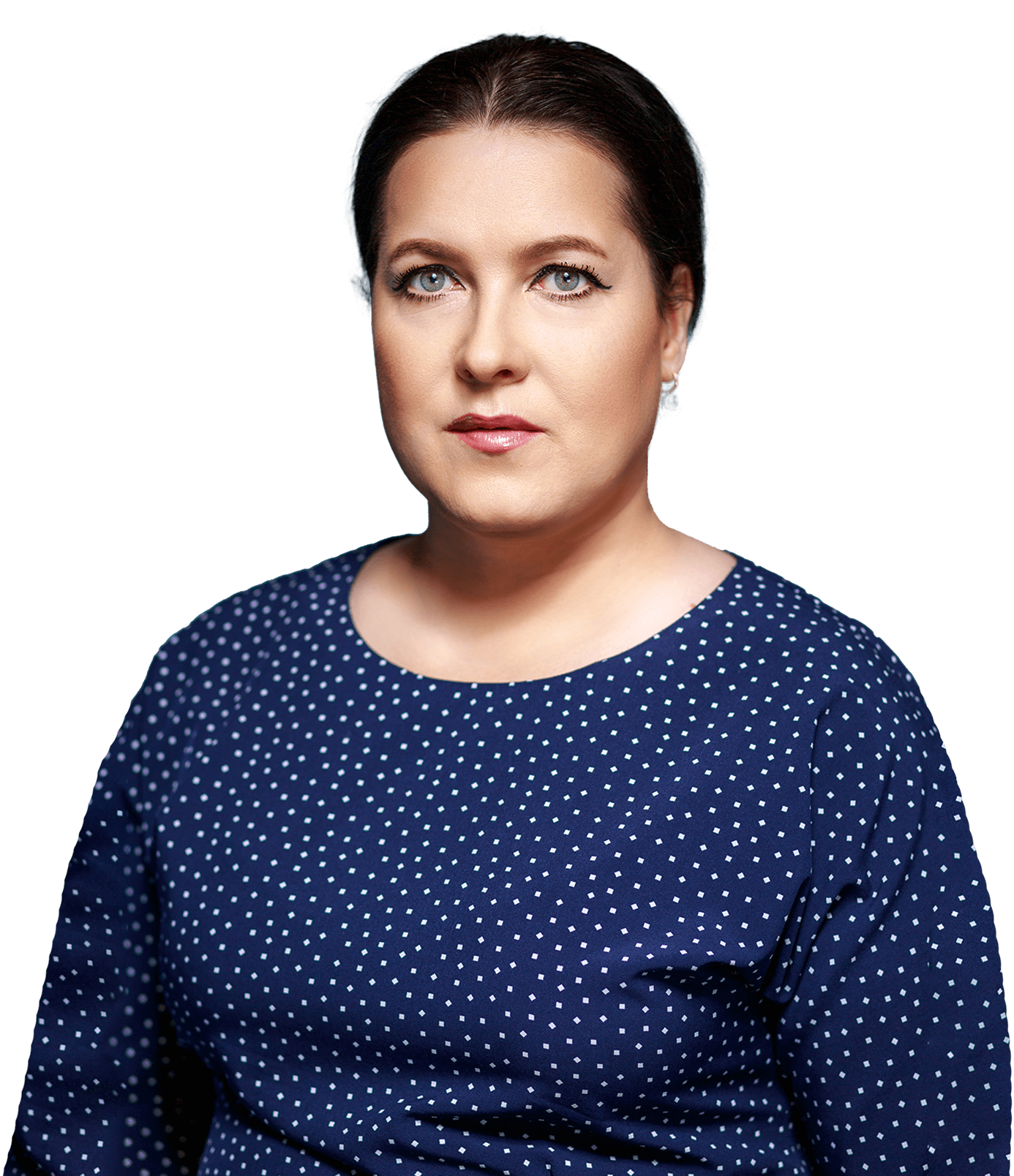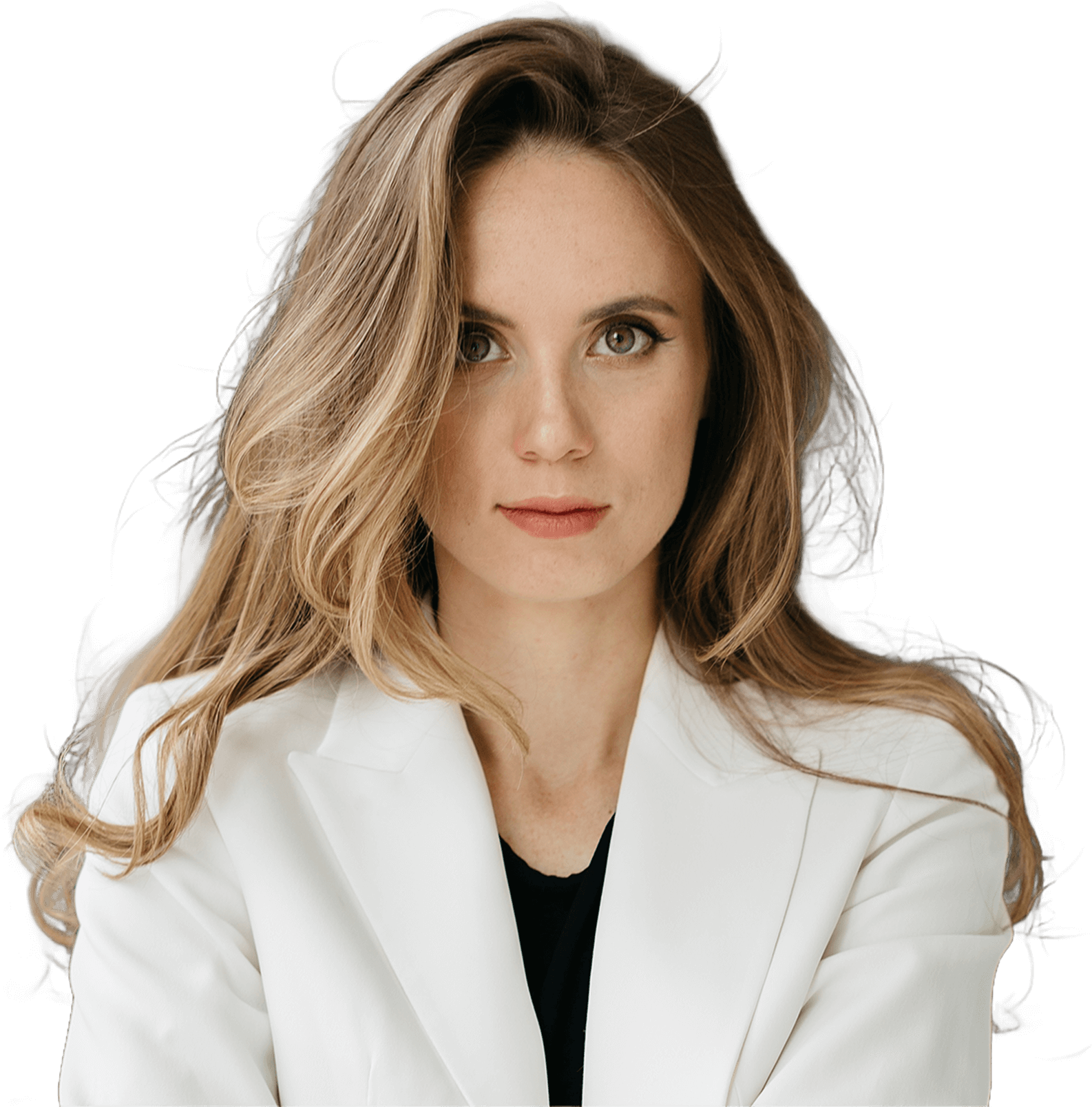'When I grow up, I want to be like her'
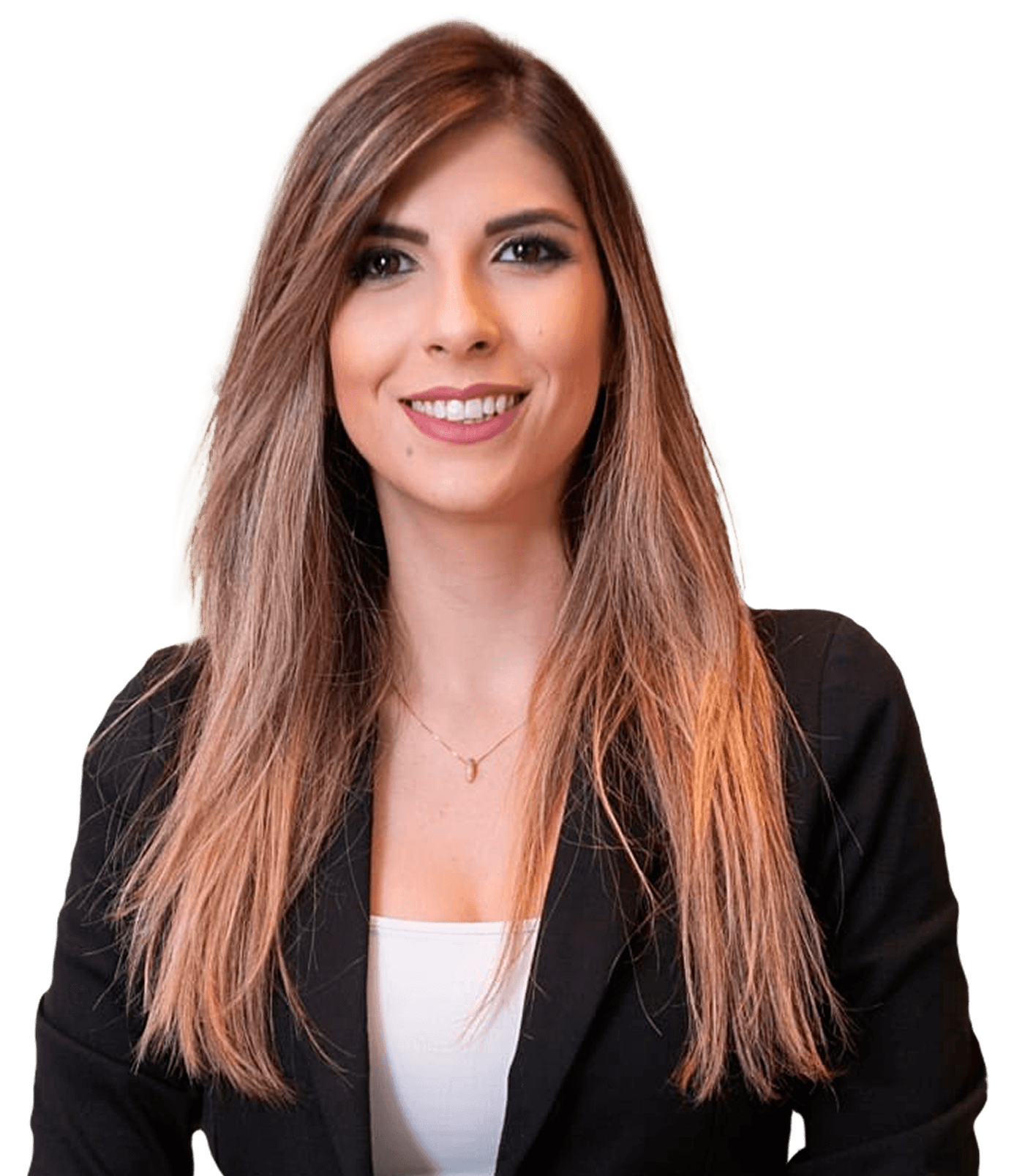
In her role, Luciana focuses on building strong partnerships, navigating cultural differences across the Americas and driving innovative strategies to grow Kaspersky’s presence in the region.
 Many people doubt whether the IT field is suitable for women
Many people doubt whether the IT field is suitable for women 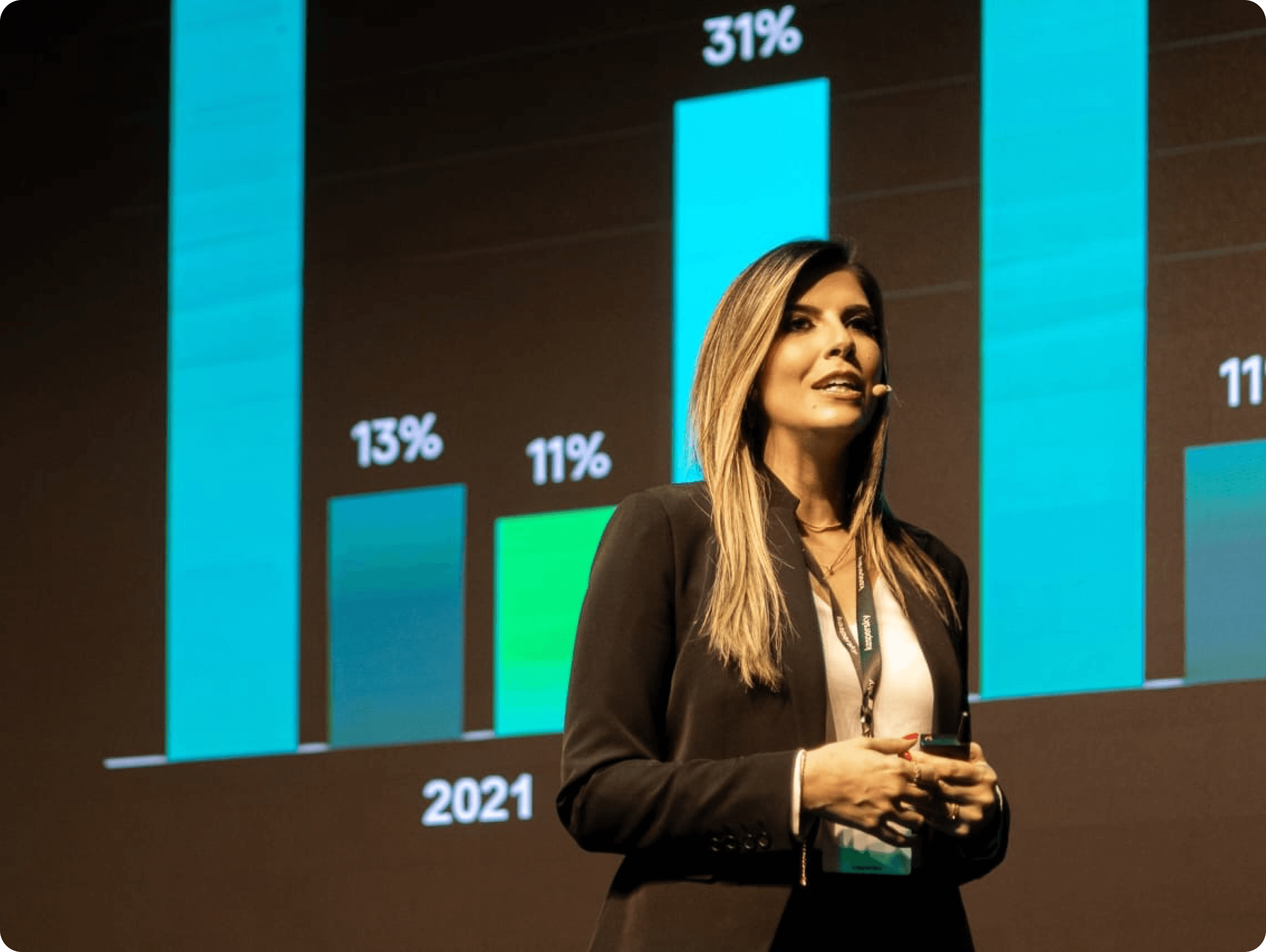
Many people doubt whether the IT field is suitable for women. Before stepping into the world of IT, I had already experienced what it was like to work in environments where men dominated the workforce. One of my earliest roles was in the car rental business: Out of a team of 35 people, there were only three women, including me. It was an incredibly challenging environment, not just because of the gender imbalance, but also due to the attitudes I faced. My first boss in that industry was very open about his bias. He would say outright that he didn’t like working with women, and meetings with him were some of the hardest moments of my career.
But then, everything changed when I started reporting to a female. She was the head of the entire team, managing all the men in the company, and she did it with intelligence, confidence and an incredible ability to command respect. Watching her lead was a pivotal moment for me. I remember thinking, “When I grow up, I want to be like her.” She showed me that women could thrive in even the toughest environments and that strength and competence would always win out over bias. And even now, when I hear “I want to be like you” from those women whom I hired and mentored, I always recall her. She was my first example and inspiration, and now I see it as my responsibility to inspire and support other women, helping them recognize their potential and encouraging them to pursue opportunities they might have been hesitant to take.
That experience gave me the resilience I needed when I transitioned into IT. By comparison, the IT industry felt more open, with greater opportunities for women to grow. However, the lessons I learned in those early days — about perseverance, proving my worth, and finding mentors who believed in me — remain at the core of who I am as a leader today.
Back in 2013, I started my career in Kaspersky in enterprise sales in Brazil, my home country. For three years, I worked closely with the head of enterprise business, focusing on the commercial sector. Cybersecurity, to me, goes far beyond technology or products — it’s about protecting real people and companies from harm in an increasingly digital world. I often liken my role to being a superhero in the digital realm.


We battle cybercriminals in cyberspace, working to shield individuals and organizations from the evolving threats they face. It’s a responsibility that I take very seriously, knowing that behind every screen are people relying on us to keep their information, their livelihoods, and sometimes their loved ones safe. This sense of purpose is what always drove me forward to work more and more, even in the face of challenges.
Thus, six years have passed. One day, a close friend posed a question that would change the trajectory of my professional life: “Why aren’t you applying for the open Head of Channel position in Brazil? You already have the experience.” At first, I was hesitant. Taking on such a high-stakes role felt daunting, but her words planted a seed of confidence in me — I had spent years working with sales teams, channel teams and distributors, gaining an intimate understanding of the business. The more I thought about it, the more it became clear: I was ready for this challenge.

I entered my boss’s office and said, “What do I need to do to get the role of Head of Channel for Brazil?” That was the moment when I decided to pursue the position that had never been held by a woman in the company before.
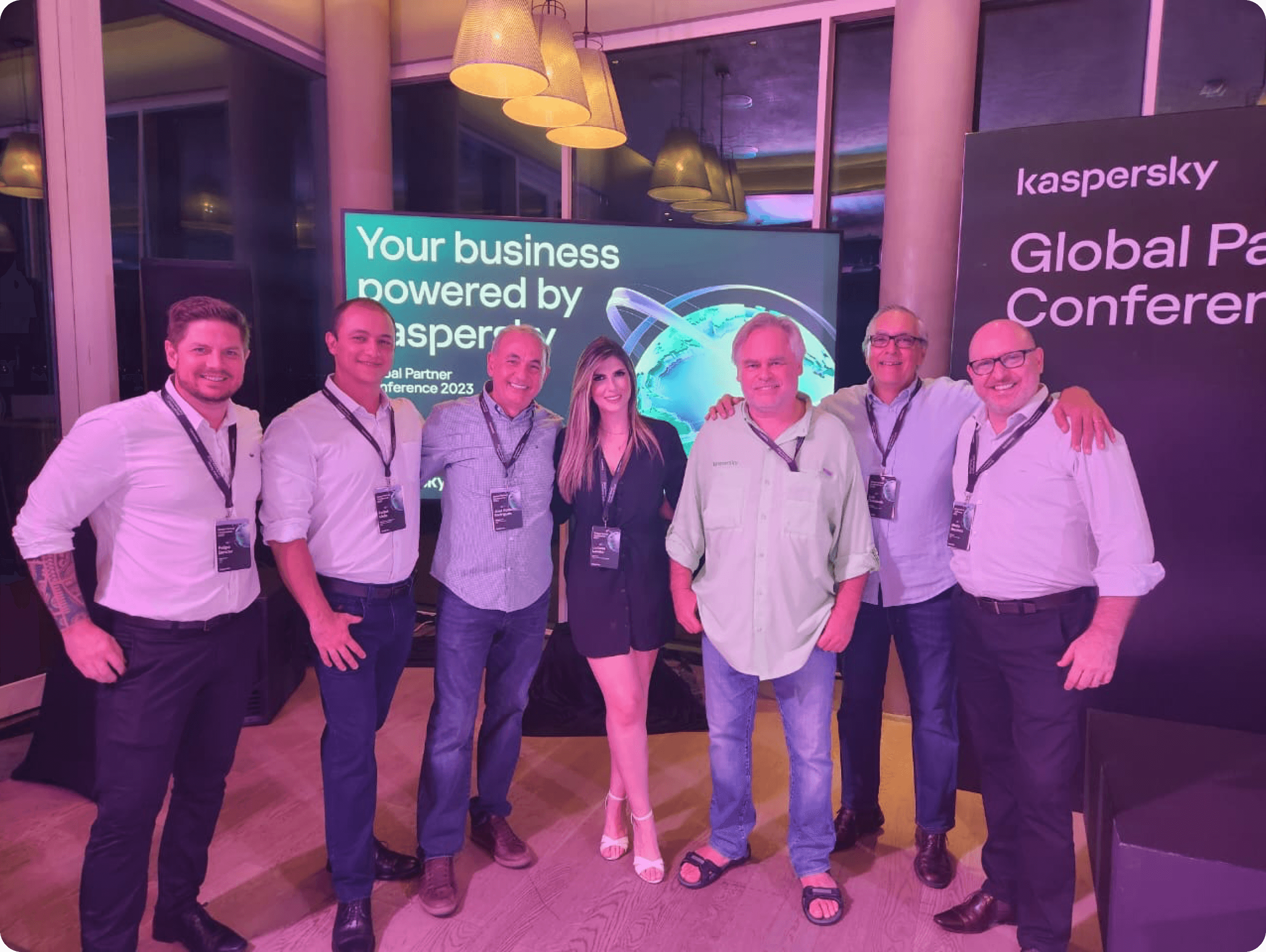
My boss laid out the reality of the role: “You’ll need to show a lot, because this is a challenging position. Brazil is the backbone of the region’s success.” The weight of that statement hit me. Leading such a crucial operation would require not just ambition, but a clear demonstration of my ability to think strategically and execute effectively.
To prove I was the right candidate, my boss asked me to develop comprehensive strategies for the channel, including innovative ways to drive growth. But that wasn’t all — he also wanted me to gain a deeper understanding of the region. Over the next eight months, I traveled extensively, visiting Mexico, Colombia and Argentina. These trips weren’t just about knowledge — they were about showing that I could adapt, collaborate and lead on a regional scale. Finally, in 2020, my efforts paid off. I was officially appointed Head of Channel for Brazil, becoming the first woman in the company to hold this position. It was a moment of pride and accomplishment, not just for me, but for everyone who had supported me along the way.
But timing could not be more challenging. The world was in the throes of the pandemic, and the way we worked, communicated and strategized had fundamentally changed. I realized that to navigate through this crisis, I needed to make bold and sometimes uncomfortable decisions.

In 2021, this work was recognized when I was named Person of the Year in Latin America. It was an incredible honor, but for me, the true reward was knowing that we had turned a precarious situation into an opportunity for growth.
In 2024, I embraced an even greater challenge when I became the Head of Channel for the Americas. Stepping into this role meant not only taking on more responsibility but also adapting to the complexities of managing a region as diverse as the Americas. Every country I worked with had its own unique culture, communication style and way of doing business, and understanding these differences became both a challenge and a critical part of my success. I had to learn when to lean into Brazil’s warmth and informality and when to adopt, for instance, Canada’s precision and formality. This ability to adapt wasn’t just about working with partners — it was about building trust across the entire region. People need to feel understood and respected, and for that, I had to step out of my own cultural comfort zone.
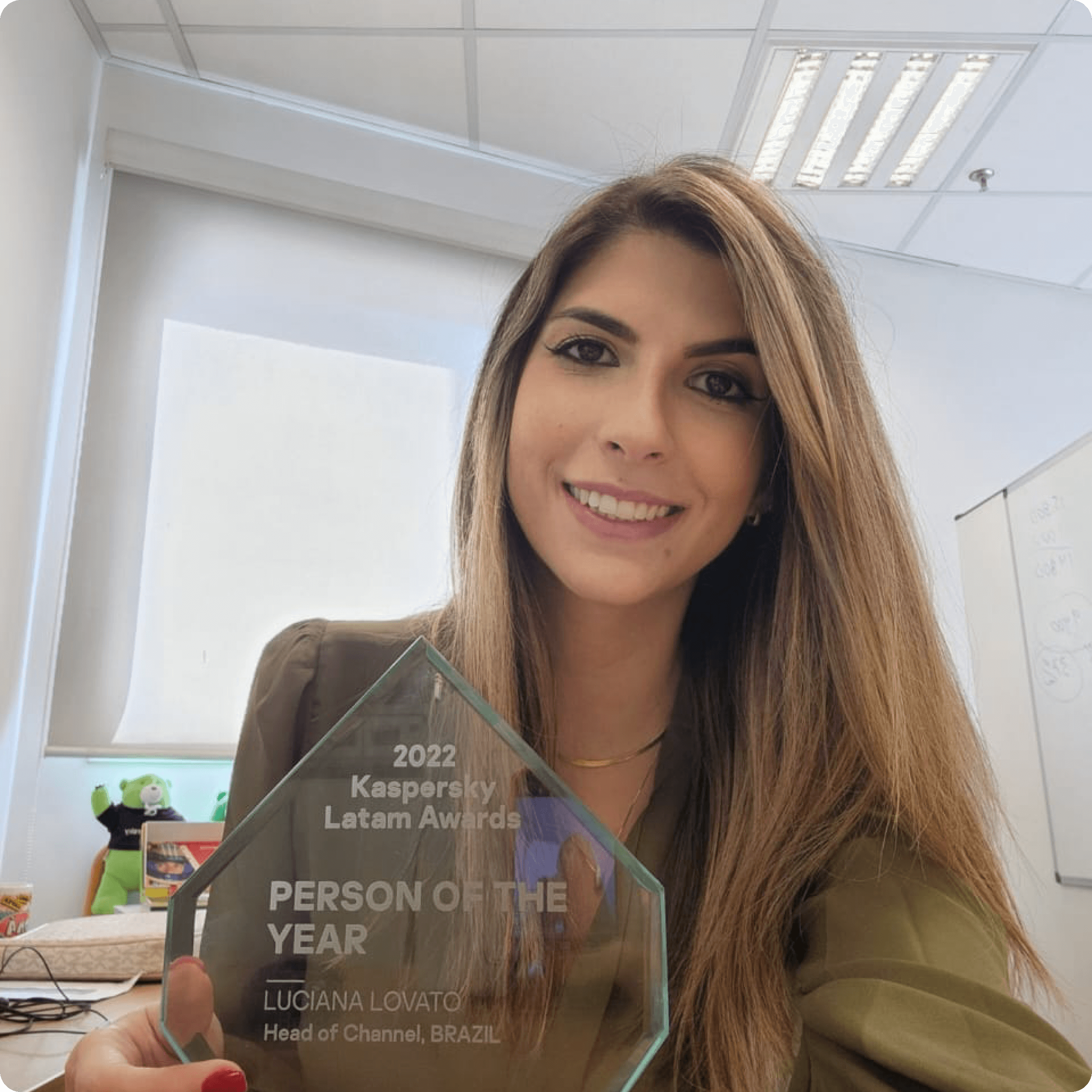

It’s taught me that leadership in a diverse region isn’t about imposing a single style; it’s about listening, observing and finding ways to connect with people on their terms.
However, shortly after being promoted to Head of Channel for the Americas, I was diagnosed with breast cancer. It was a moment that tested every ounce of strength I had. The hospital room became my temporary office, a place where I reminded myself that strength isn’t about never feeling weak — it’s about pushing forward despite the difficulties. Some people questioned whether I could handle the pressures of such a demanding role while facing a serious health battle. Rather than retreating, I chose to face my diagnosis openly. I shared my journey publicly, documenting my treatment on social media. I wanted to send a message, especially to women, that no matter how challenging the situation, you can find the strength within to keep going.

Strength is not always about being unshakable. It’s about showing up, even when it’s hard, and proving to yourself that you can handle whatever life throws your way.
The most important advice I can give to anyone, especially women, is to believe in yourself. If you don’t believe in your own abilities, no one else will. Confidence is key, even when you’re facing uncertainty or challenges. You need to remind yourself that you’re capable and strong, even on the days when it feels difficult.
Another important lesson is to separate your personal emotions from your professional life. As you climb the career ladder, the stakes get higher and the decisions become harder. You’ll face uncomfortable meetings, tough discussions and moments of doubt, but it’s crucial to stay focused on the work and not to take things personally.
I also believe in continuous learning. In IT and cybersecurity, the landscape is constantly evolving. If you stop studying, reading or staying informed about trends, you risk falling behind. Knowledge isn’t just power — it’s survival in this industry.
Lastly, find a company that values you for who you are, not just for your gender. The right environment can make all the difference. Surround yourself with people who support and believe in you, and don’t be afraid to lean on mentors or colleagues when you need guidance. Career growth is a journey, and having the right support system is essential to reaching your goals.
